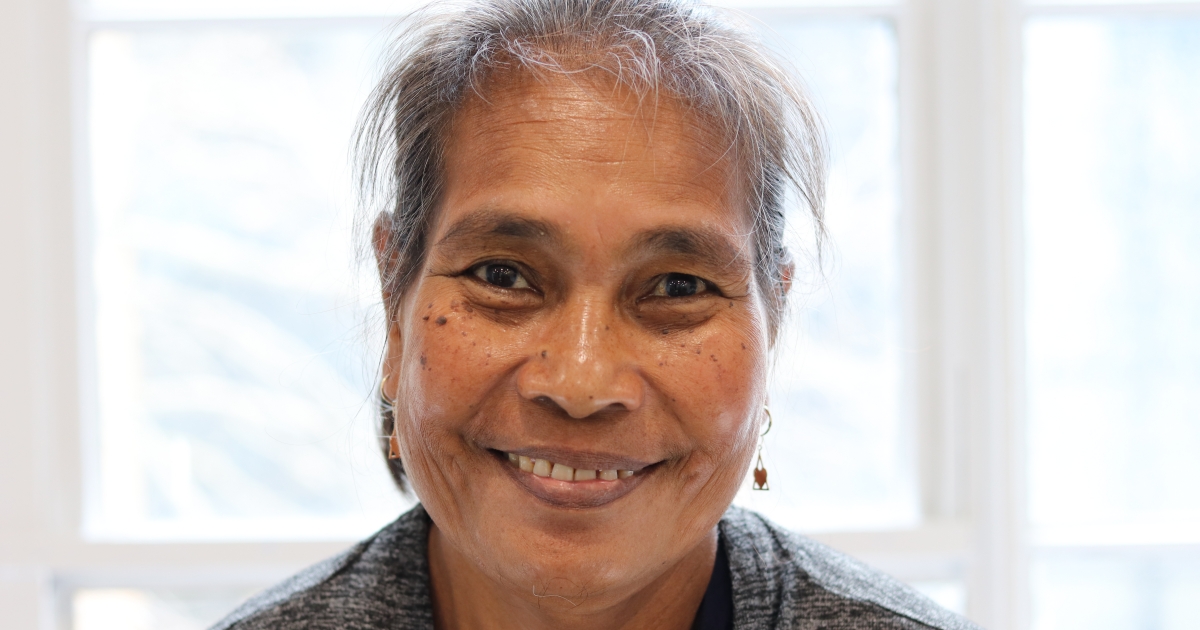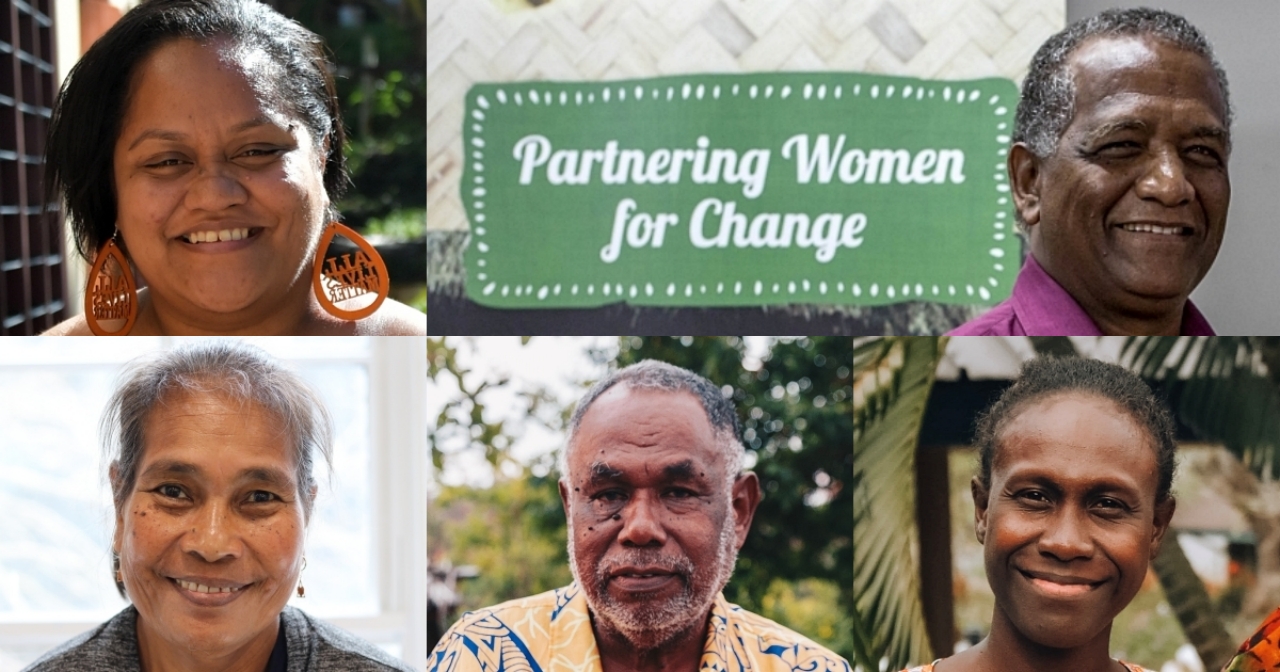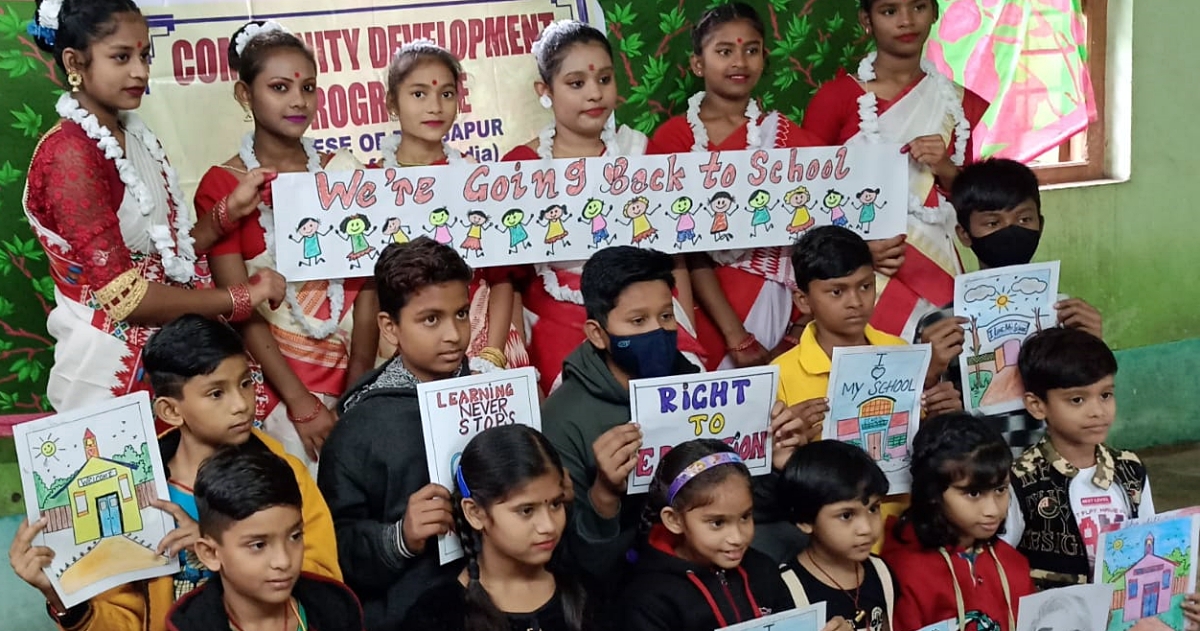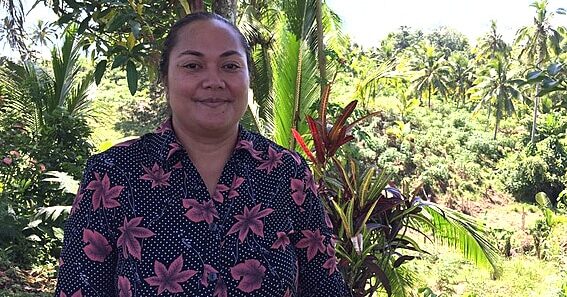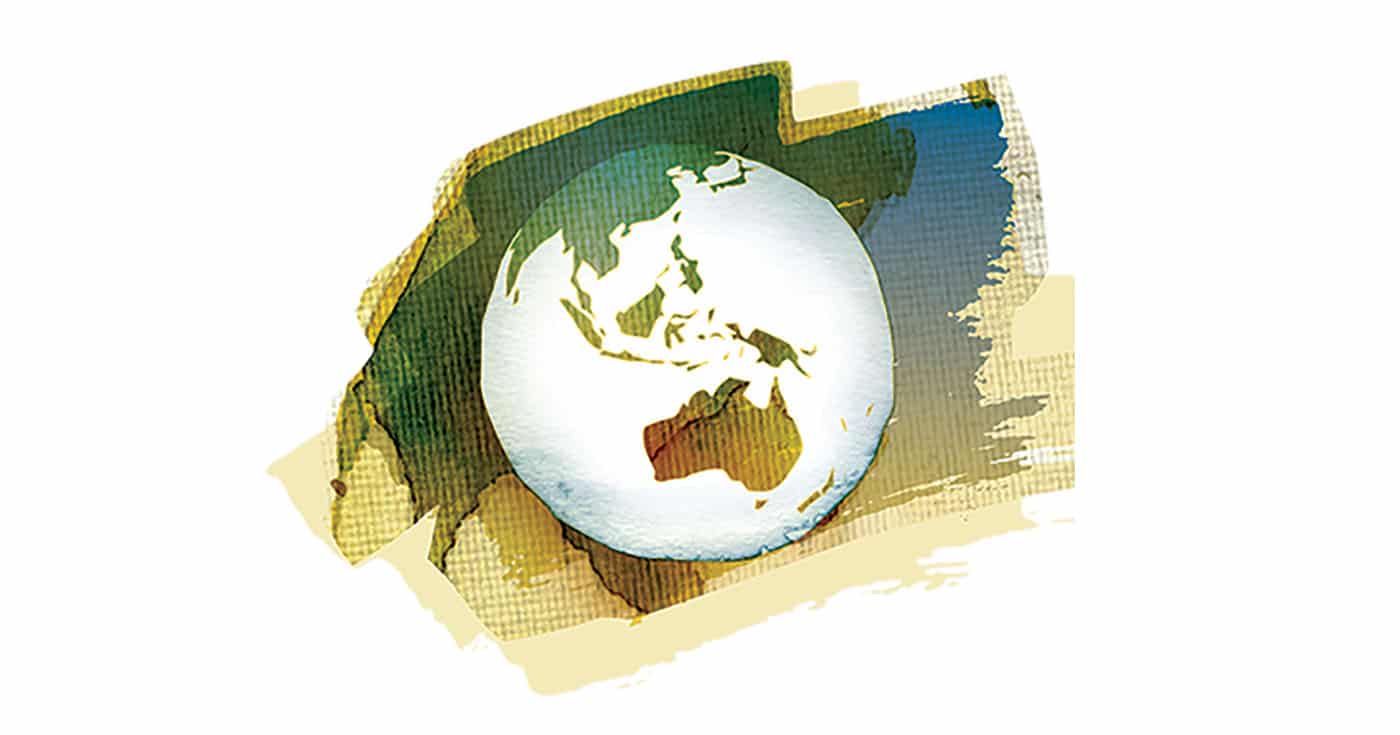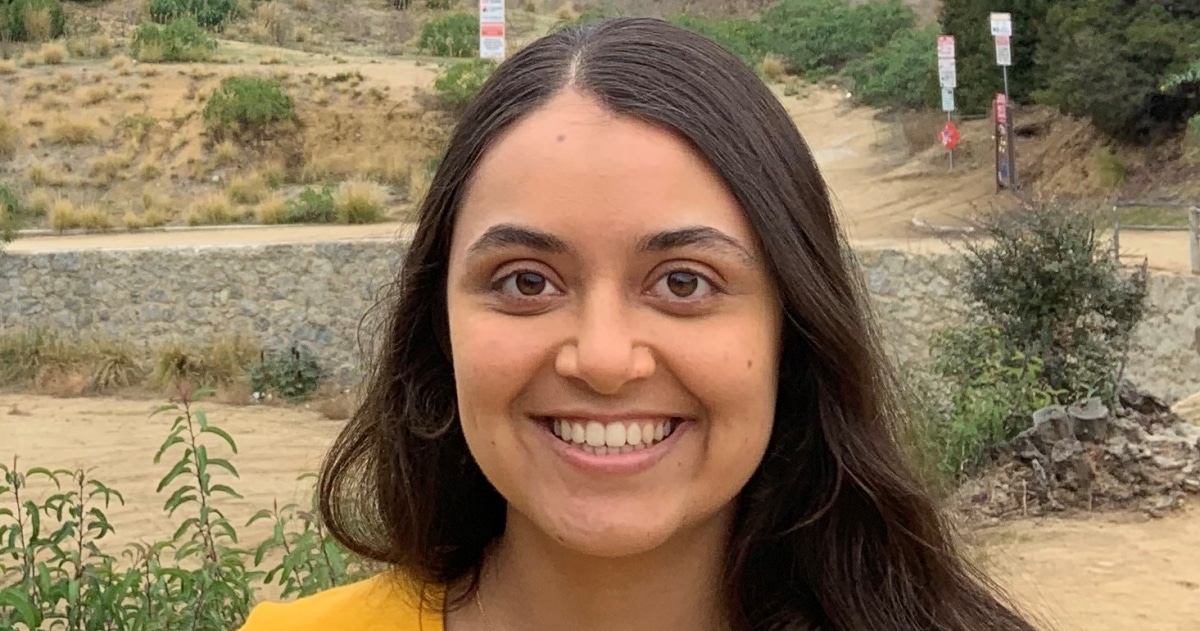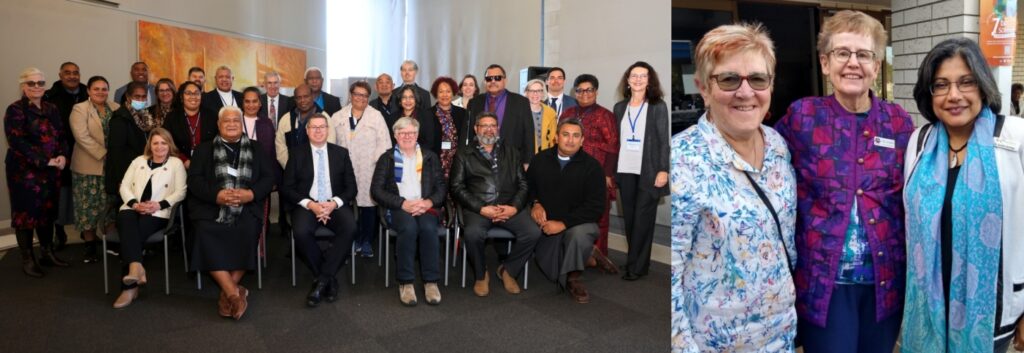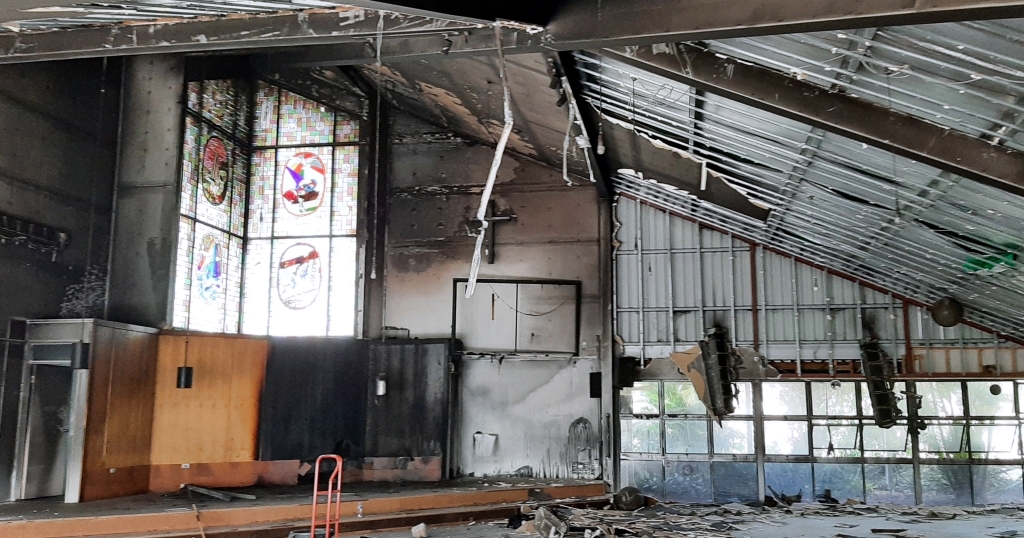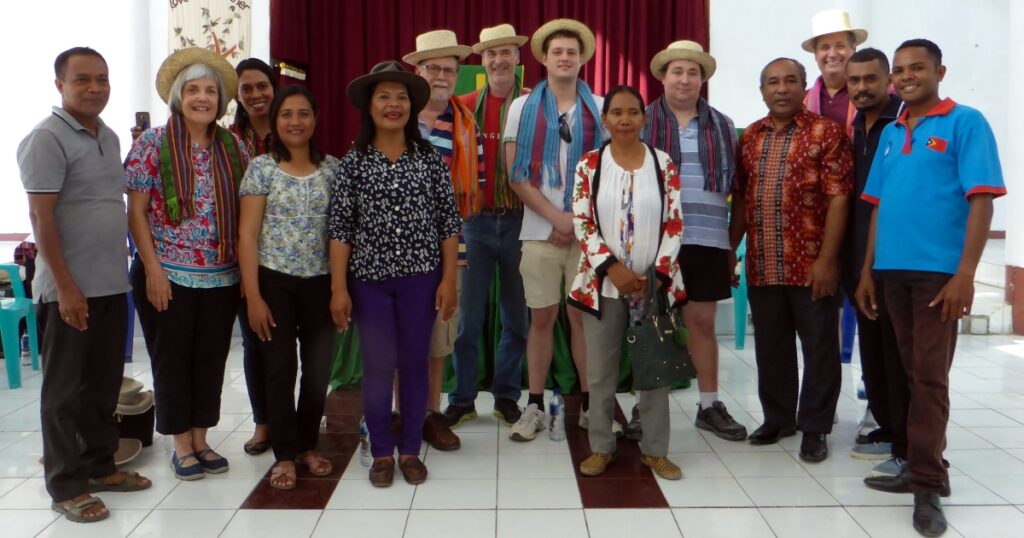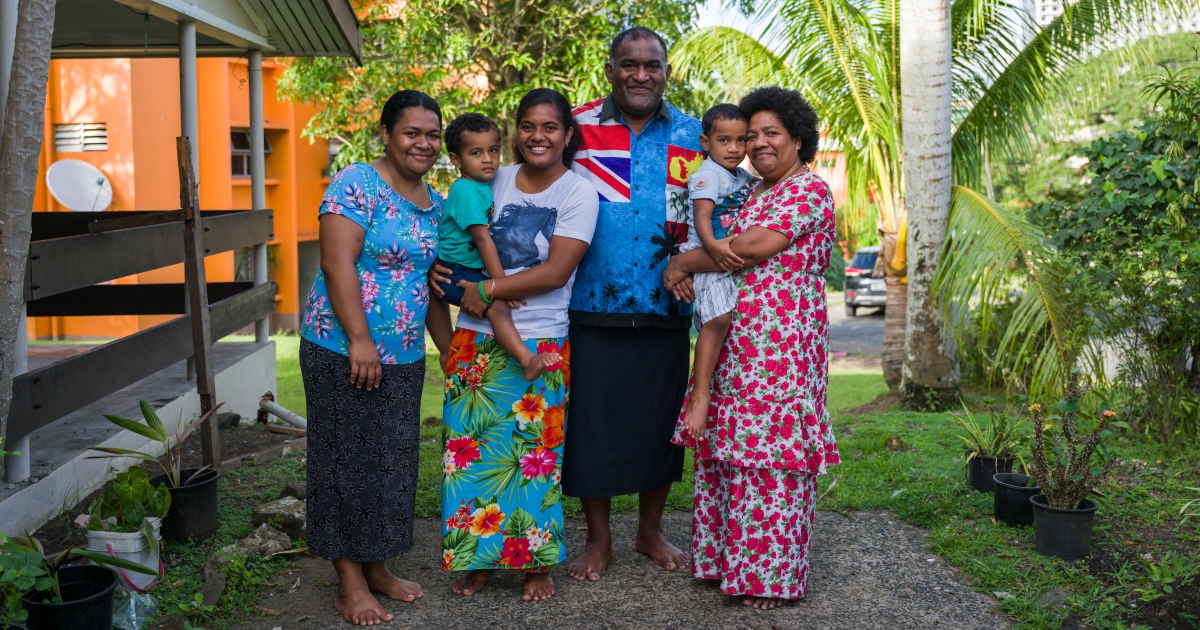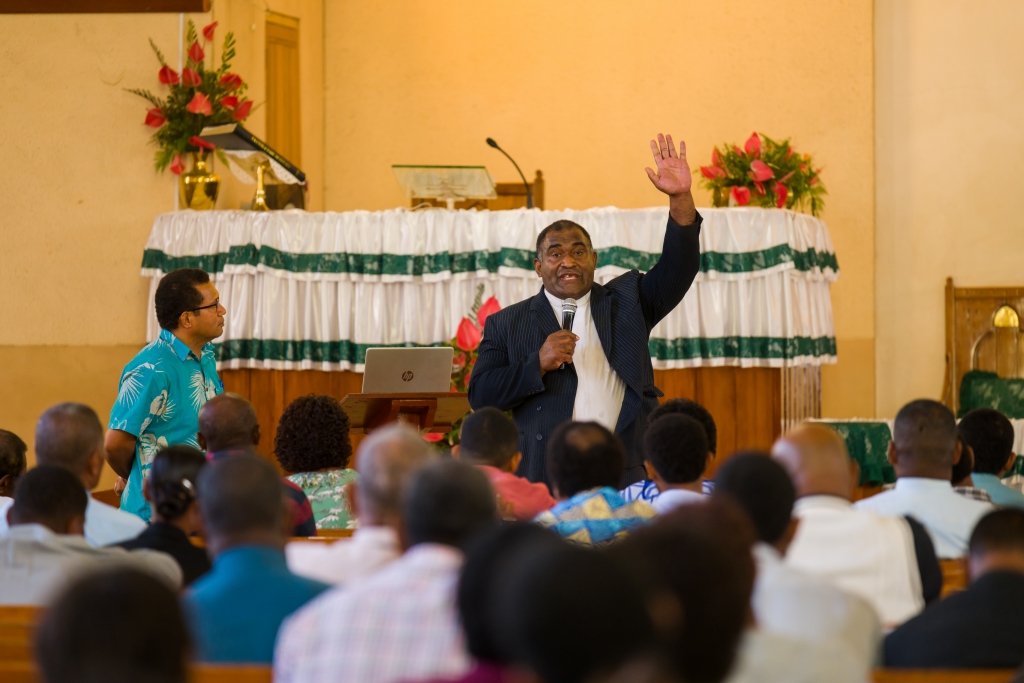Our partners share about the impact of Gender Equality Theology
Our church partners in Fiji, Vanuatu, Kiribati and Solomon Islands are reaching out in faith to shift community norms and behaviours that allow or excuse family violence, to prevent it long before it has the chance to happen. They are doing it using the heart language of the Pacific, where upwards of 90% of people identify with a Christian faith.
Since 2012, we’ve been supporting our Pacific partners in a unique and powerful approach, addressing the root causes and breaking cycles of violence that go back generations, through gender equality theology.
The results are incredible. There’s exciting change happening in our partner churches: hearts moved, lives transformed away from violence, families and communities made safer. Read more
Here, some of our partners share about the impact of gender equality theology in their lives and communities.
And you can see it for yourself! Download our Gender Equality Theology Resource Pack here.
We need your support to continue this life-changing work.
This program was previously supported by the Australian Government, but the grant expired in 2021. Your support will help us continue this powerful and unique work to end family violence, led by our Pacific partners. We hope to raise $90,000 to keep it going strong.
Donate now
Mereani Nawadra, Methodist Church in Fiji and Pacific Conference of Churches
“What does peace mean to me as a woman? Peace is gender equality. Peace is education. Peace is freedom from violence and oppression. Peace is being able to walk on the streets of Suva without the fear of being sexually harassed or assaulted.”
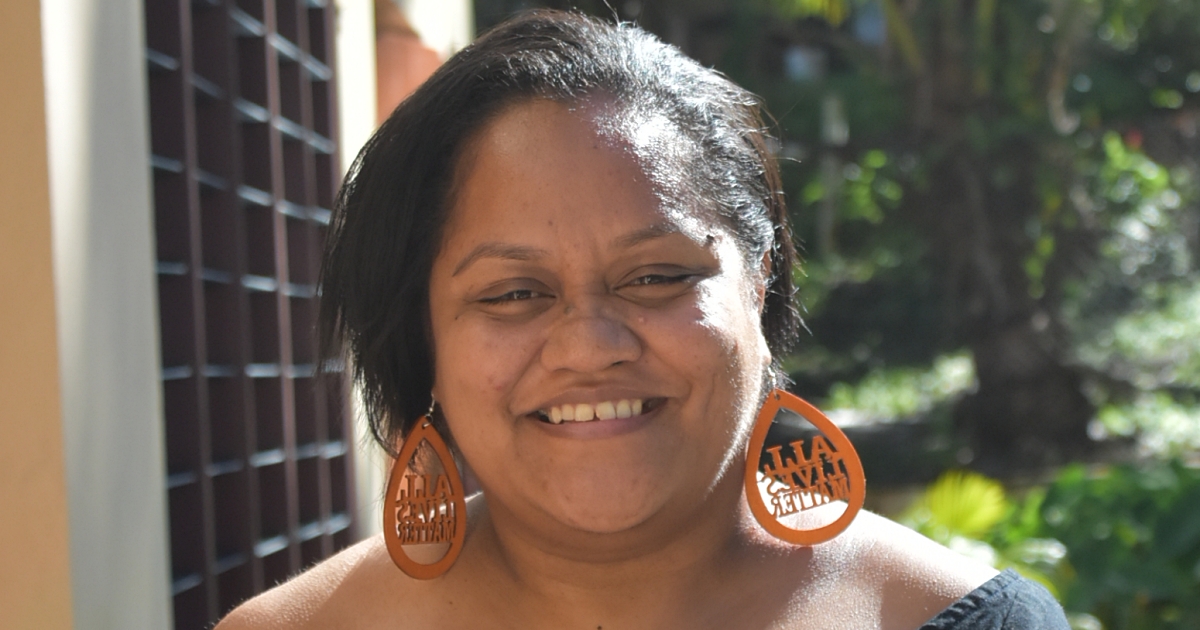

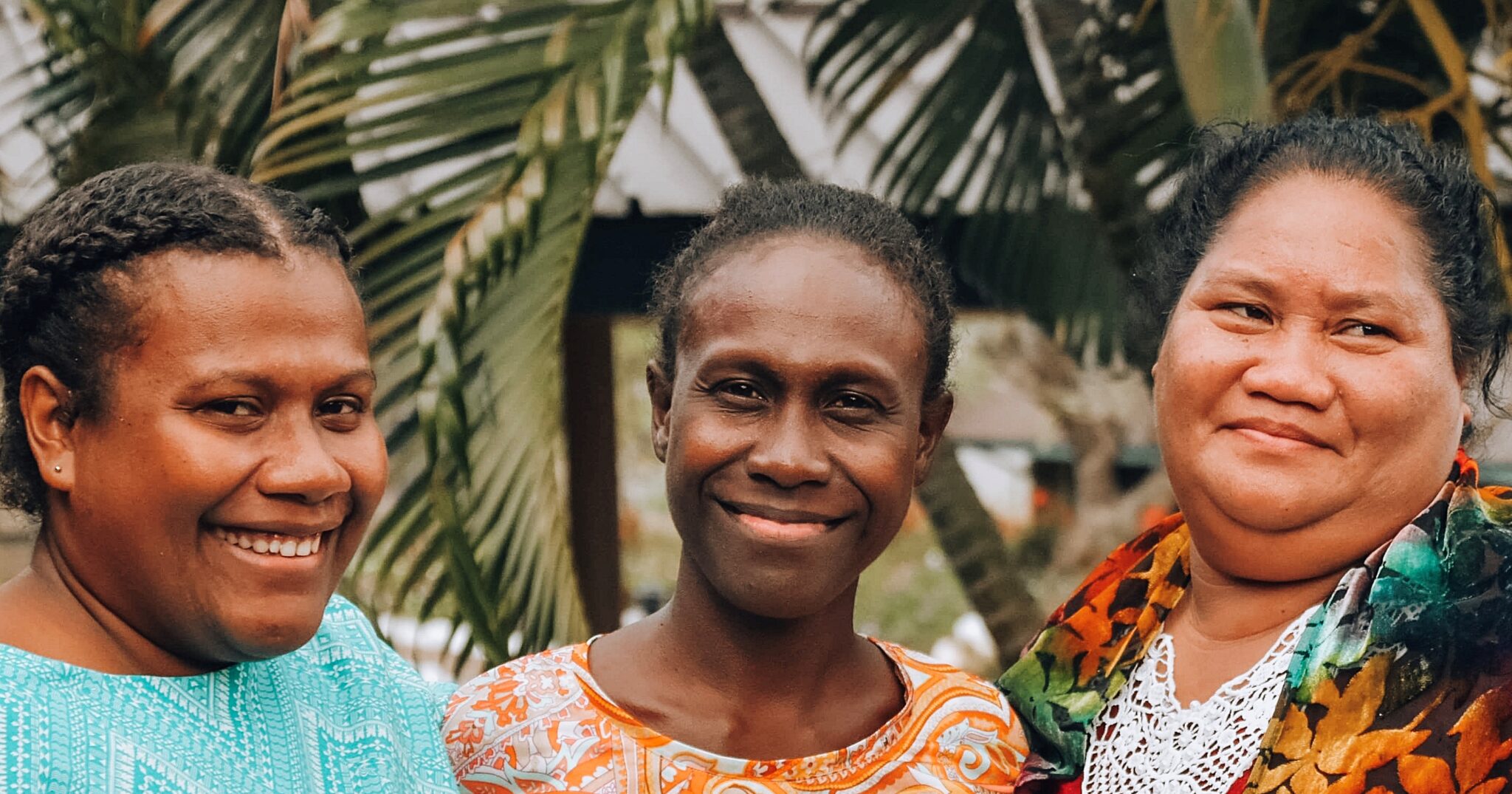
Pastor Lima Tura, United Church in the Solomon Islands (centre)
“90% of people in the Solomon Islands believe in God. When a message about women comes from the Bible, their eyes are open, they feel it has more weight. And that’s why we will see a reduction in gender-based violence and increased respect for women in our society.”

Pastor Nippy Aiong, Presbyterian Church Vanuatu
“Many people don’t believe until they study the Bible notes we make [on gender equality] and then they say, ‘Oh! There is something here for us!’ And they are accepting women as equals. I cannot tell you what a change this is for us.”
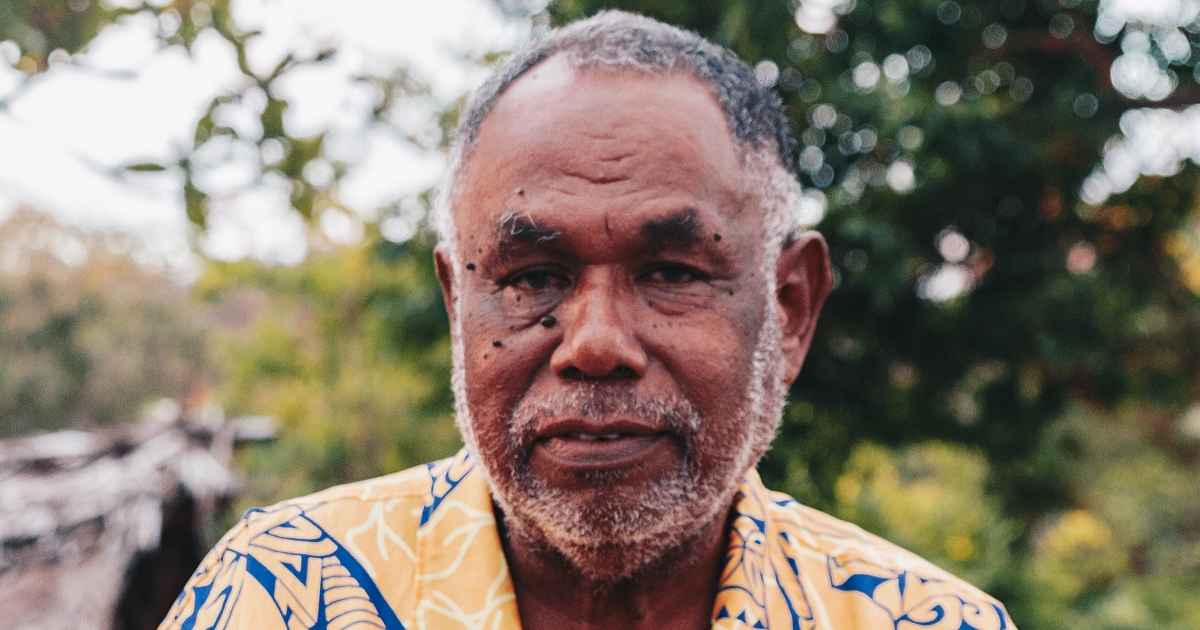

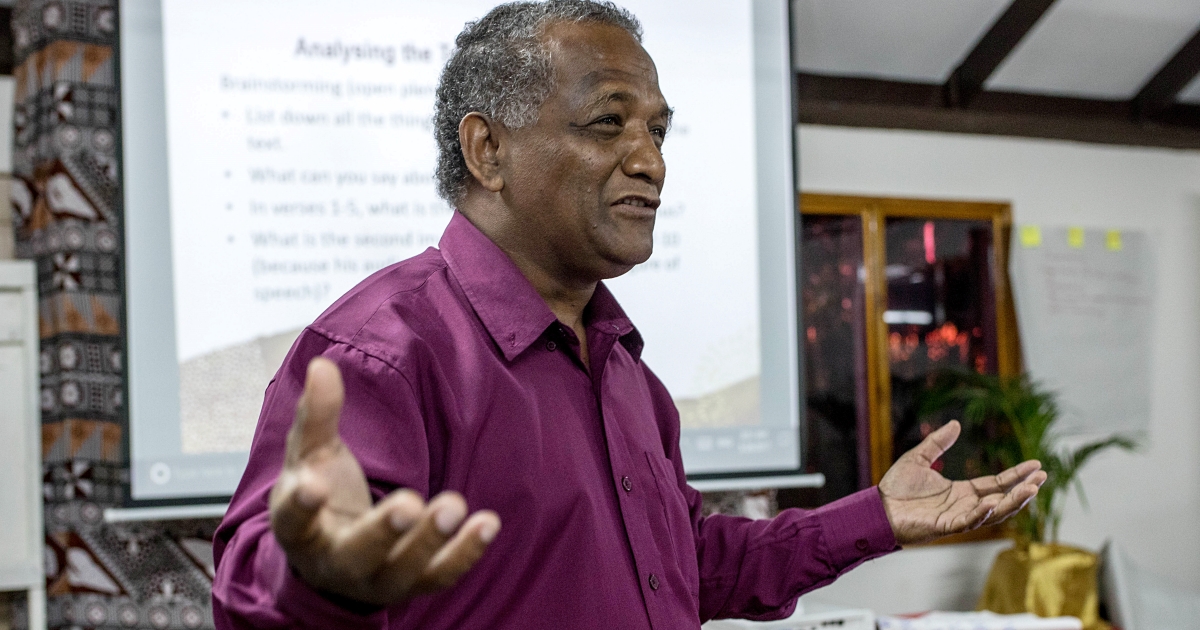
Rev Dr Cliff Bird, United Church in the Solomon Islands
“Statistics on violence against women and girls and children are shocking… they must lead [us] to actions that counter the evil head on. It is people who construct cultures, it is also people who can and must change cultures that dehumanise and deny certain groups of people their God-given humanity, dignity and equality.”

Bairenga Kirabuke, Kiribati Uniting Church
“Rates of violence are too high, and people need to choose a more peaceful way. It starts with small things: men being more helpful, sharing the load, considering others. That can be a good first step. I hope we can take the message of Gender Equality Theology to all the outer islands of Kiribati.”
